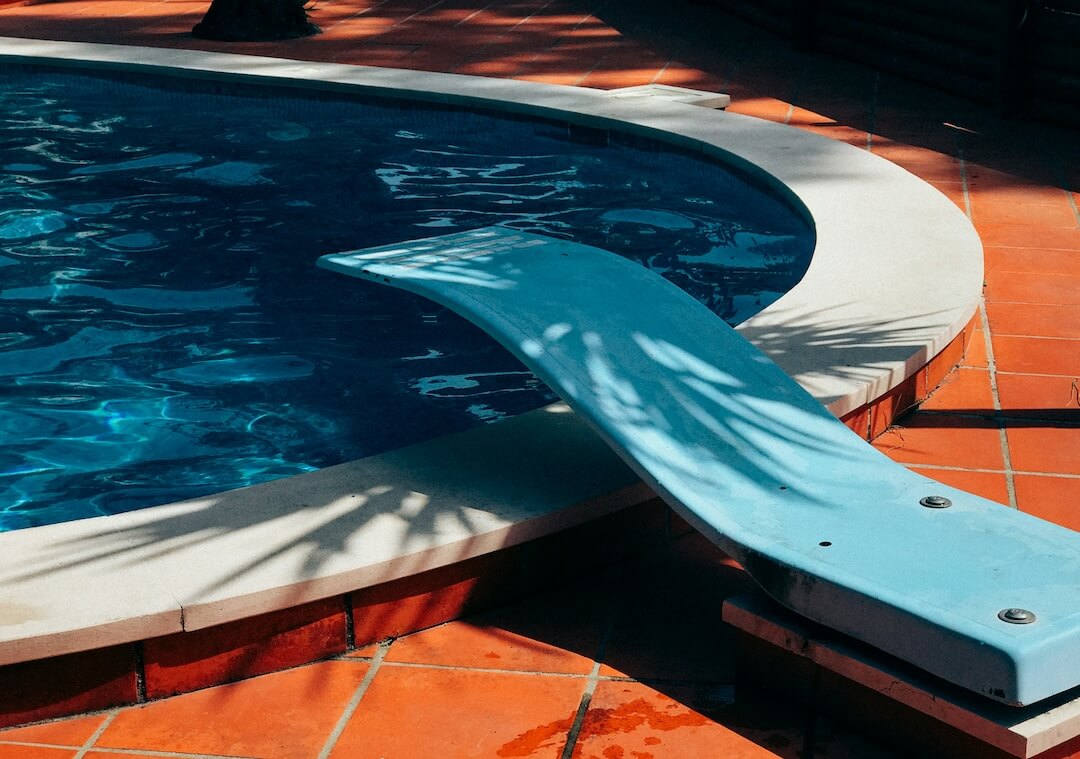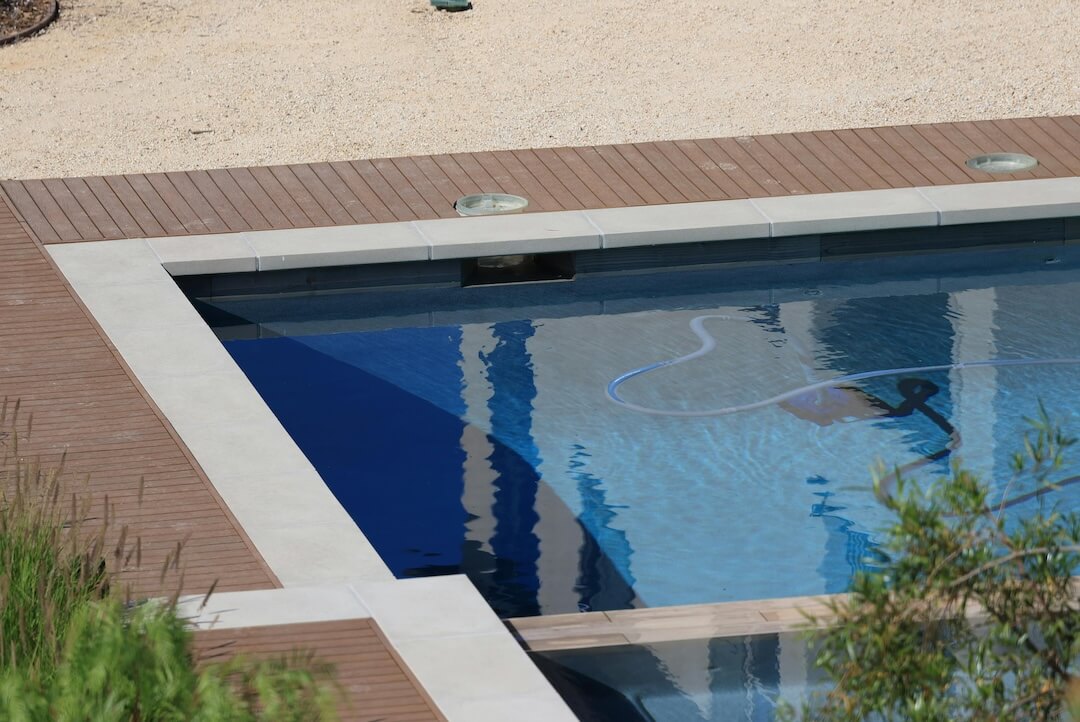Proper alkalinity levels are essential for maintaining clean, safe, and inviting pool water. Discover effective testing and adjustment techniques to keep your pool water balanced and prevent costly repairs or health issues.
Alkalinity acts as a buffer that stabilizes the pH level of your pool water, preventing it from fluctuating rapidly. This is crucial because unstable pH can lead to cloudy water, scaling, and corrosion of pool equipment. In Fort Lauderdale, where the climate and water conditions vary, maintaining proper alkalinity is particularly important to protect your investment. Proper testing identifies whether your alkalinity is within the ideal range, typically between 80 and 120 ppm. If levels are too low, the water becomes corrosive, damaging surfaces and equipment. Conversely, high alkalinity can cause cloudy water and scaling, making routine maintenance more challenging. Regularly testing your pool’s alkalinity ensures a comfortable swimming environment and prolongs the life of your pool components.
Accurate testing is the foundation of proper alkalinity management. In Fort Lauderdale, homeowners and pool professionals alike rely on reliable test kits to determine alkalinity levels. There are two primary testing methods: liquid test kits and digital testers. Liquid test kits involve adding reagents to a water sample and comparing the color change against a chart, providing a straightforward and cost-effective way to measure alkalinity.

Digital testers offer quick, precise readings with minimal effort, ideal for those who prefer technology-driven solutions. When testing, always gather a representative sample from different parts of your pool to account for potential water chemistry variations. Follow the manufacturer's instructions closely for accurate results. Regular testing—at least once a week during the swimming season—helps detect shifts in alkalinity early, enabling timely adjustments. Remember, consistent testing is key to maintaining a healthy, balanced pool water chemistry in Florida’s fluctuating climate.
Adjusting alkalinity in your pool involves adding specific chemicals, usually sodium bicarbonate (baking soda), to increase alkalinity or acids like muriatic acid or sodium bisulfate to lower it. In Fort Lauderdale, where high temperatures can influence water chemistry, understanding how and when to make these adjustments is vital. To raise alkalinity, broadcast the recommended amount of baking soda evenly across the pool surface, then brush to dissolve and distribute it thoroughly. For lowering alkalinity, carefully add acids in small doses while continuously circulating the water to prevent localized pH drops.

Always add chemicals gradually and test water after each adjustment to avoid overshooting desired levels. Keep in mind that adjusting alkalinity can also affect pH levels, so balancing these parameters simultaneously is essential. Using proper safety gear and following manufacturer guidelines ensures safe handling of chemicals. Proper adjustment routines help prevent corrosion, staining, and scaling, enhancing the longevity of your pool equipment and surfaces.
In Fort Lauderdale, many pool owners encounter challenges with alkalinity management due to misconceptions or improper procedures. One frequent mistake is overcorrecting alkalinity levels, which can lead to pH imbalance and water cloudiness. Another error is neglecting regular testing, resulting in unnoticed shifts that compromise water quality. Some owners mistakenly add chemicals without measuring current levels, risking chemical overload.

Additionally, applying acids or baking soda in large quantities at once can cause rapid pH swings, making water conditions unstable. It's also important not to overlook the influence of source water and environmental factors like rainfall and evaporation, which naturally alter water chemistry in Florida pools. To avoid these pitfalls, establish a routine testing schedule, follow dosage instructions precisely, and make adjustments gradually. Consulting with pool professionals in Fort Lauderdale can provide tailored advice, ensuring your pool remains healthy and inviting all season long.
Achieving and maintaining proper alkalinity is just one aspect of comprehensive pool water chemistry management. In Fort Lauderdale, where the climate can accelerate water evaporation and chemical consumption, consistent monitoring and adjustments are essential. Along with alkalinity, pH, calcium hardness, and sanitizer levels should be checked regularly to ensure balanced water conditions. Proper water chemistry prevents algae growth, reduces skin and eye irritation, and prolongs the lifespan of your pool surfaces and equipment.

Investing in professional testing services can streamline this process, especially during peak usage months. Additionally, implementing a maintenance routine that includes shock treatments, filter cleaning, and water testing ensures your pool remains pristine and safe for family and friends. By prioritizing water balance, you create a healthier swimming environment and avoid costly repairs caused by neglect or imbalanced water chemistry.
Our team comprises licensed professionals trained in the latest water testing and adjustment techniques, ensuring accurate results and effective solutions tailored for Florida pools.
We utilize advanced digital testers and precise chemical analysis tools to deliver quick, reliable assessments of your pool’s alkalinity and overall water quality.
We develop personalized water chemistry management strategies that fit your pool size, usage, and local environmental factors, optimizing your pool’s health year-round.
Our friendly team is available to answer your questions, provide guidance on chemical adjustments, and recommend maintenance routines to keep your pool in perfect condition.
If you experience sudden water cloudiness, pH imbalance, or chemical odors, contact our emergency team for immediate support. We provide rapid testing and corrective services to restore your pool’s safety and clarity promptly.